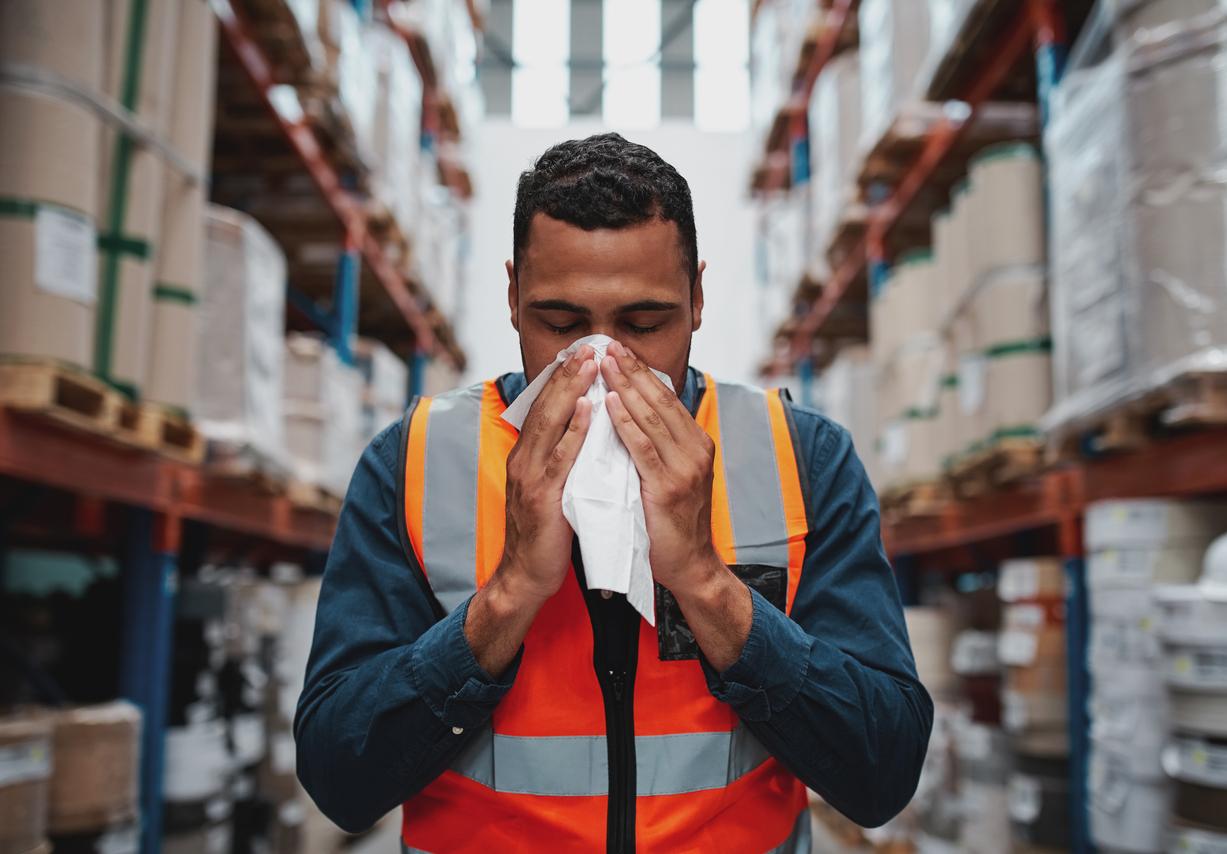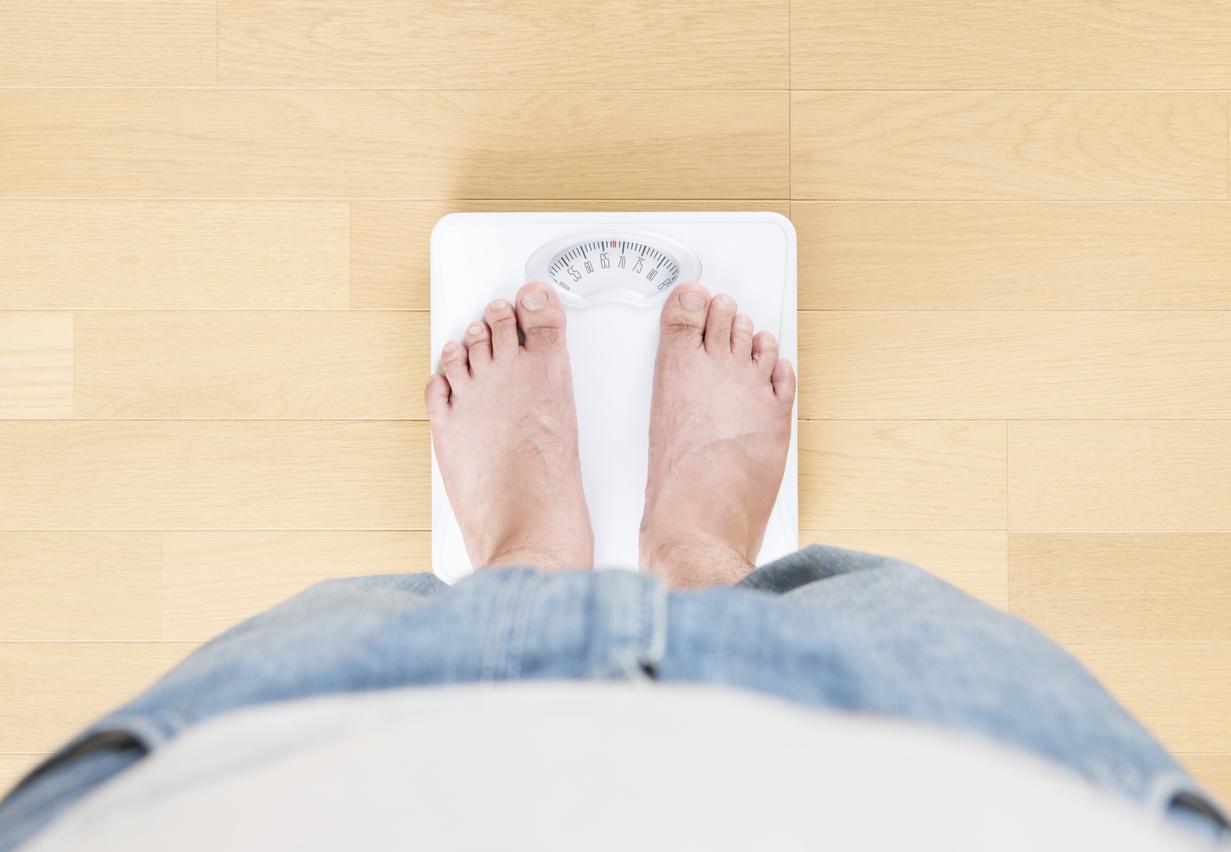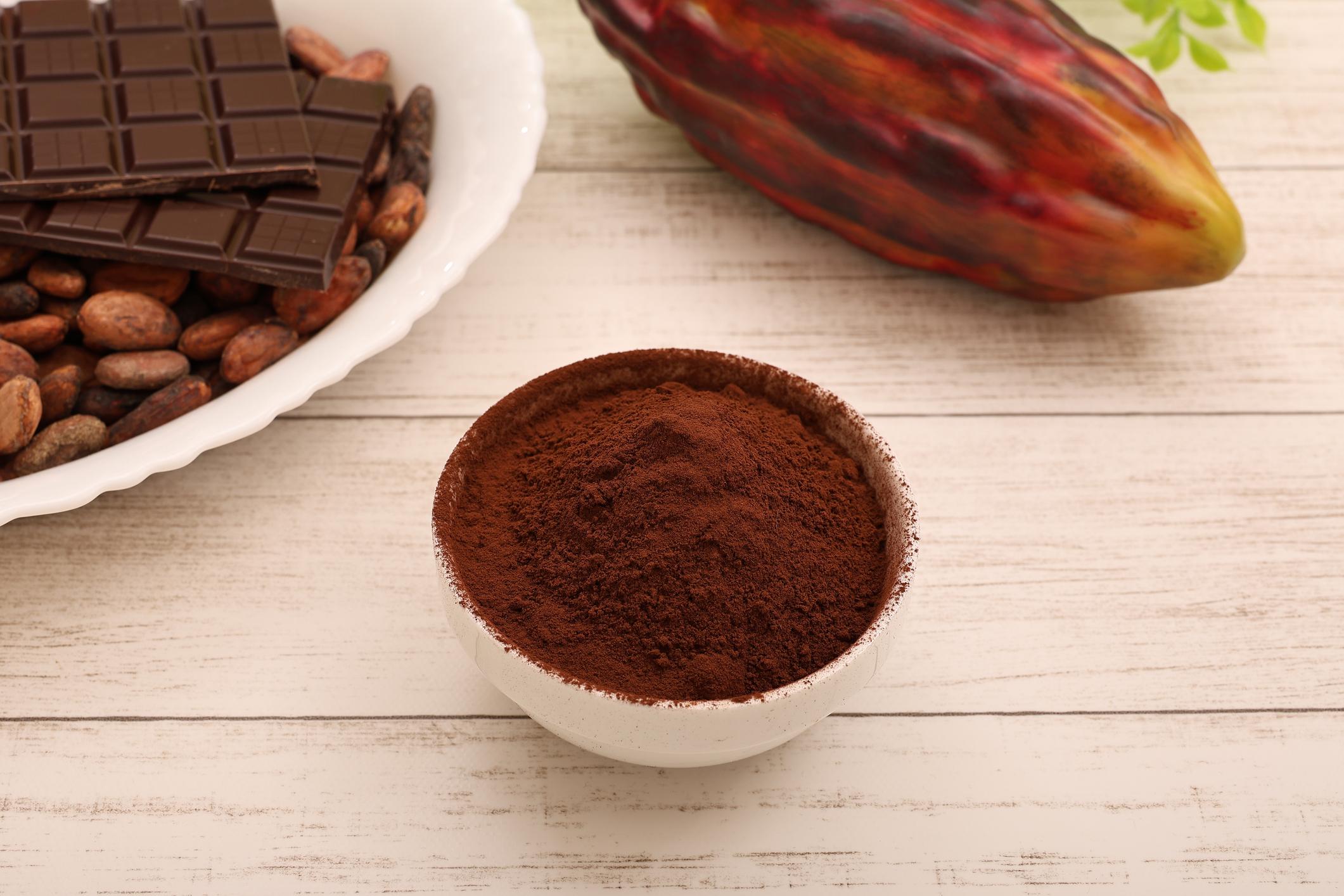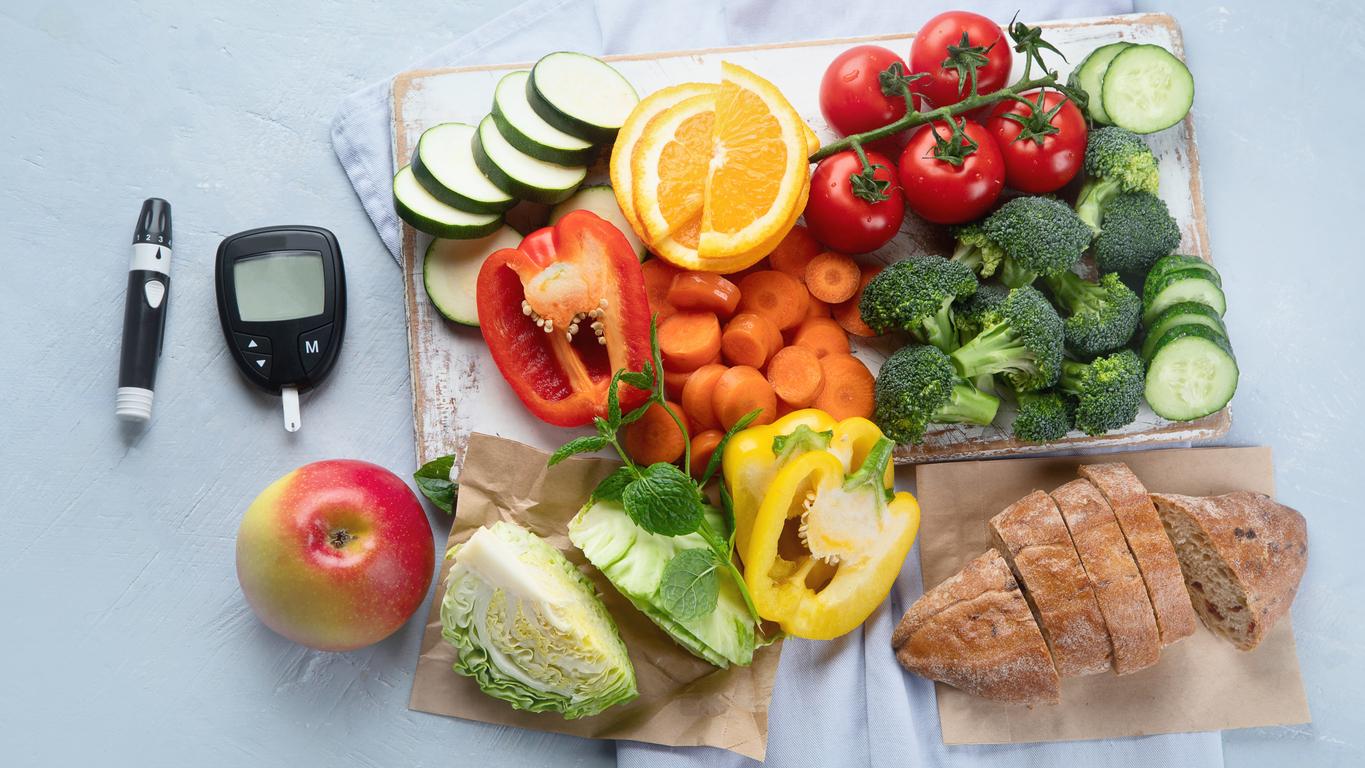Suspected of being carcinogenic to humans, titanium dioxide will be banned in foodstuffs from 2020.
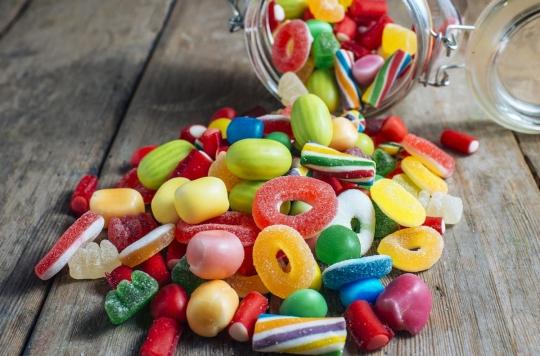
What is titanium dioxide? Generally indicated under the referent E171 (or TiO2)titanium dioxide is a product suspected of being carcinogenic to humans that is used as a food additive, in cosmetics, textiles or even construction, “in particular for its properties of absorption of ultraviolet rays and its white coloring character”, specifies thehandles. “More than 10,000 tonnes of titanium dioxide are produced and imported into France each year”, making it “one of the 4 most produced and imported nanomaterials in France”.
“No new elements to remove uncertainties”
In food, E171 is widely used in confectionery, pastries and cooked dishes, mainly for its coloring (white pigment) and opacifying properties. The fact that this substance contains nanoparticles less than 100 nanometers in size (thus facilitating their penetration into the body) has worried consumer and environmental defense associations for several years. And for good reason.
In 2017, ANSES issued a specific opinion on the oral toxicity of E171 thanks to the NANOGUT study conducted by INRA, which showed that chronic exposure of rats to this additive by the oral route would be likely to lead to precancerous colorectal lesions. In total, the agency screened 25 studies carried out on the toxicity of titanium dioxide and concluded “that it does not have any new elements to remove the uncertainties about the safety of the additive E171” .
Titanium dioxide will remain authorized in cosmetics
It is for this reason that the Minister of Ecological and Solidarity Transition François de Rugy signed an order suspending the marketing of foods containing titanium dioxide from 2020. A ban responding to a precautionary principle. “A decree suspending the marketing of foodstuffs containing the additive E171 (which designates titanium dioxide on packaging, editor’s note) from January 1, 2020 has been signed and will be published as soon as possible”, indicated the Ministries of Ecology and Economy in a joint press release. However, as this law only targets foodstuffs, titanium dioxide will remain authorized in cosmetics, in particular toothpaste and medicines.
“Pending a better characterization of the danger and risks of E171”, ANSES “reiterates its general recommendations on nanomaterials aimed in particular at limiting the exposure of workers, consumers and the environment, by promoting safe and equivalent alternatives in terms of efficacy”.



